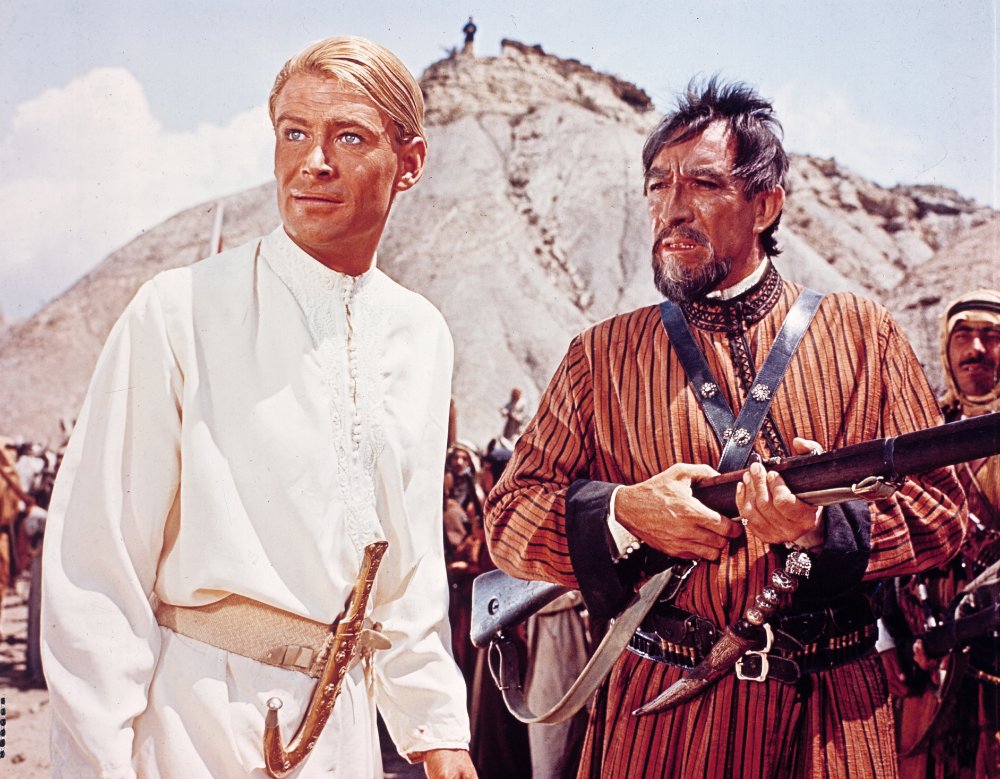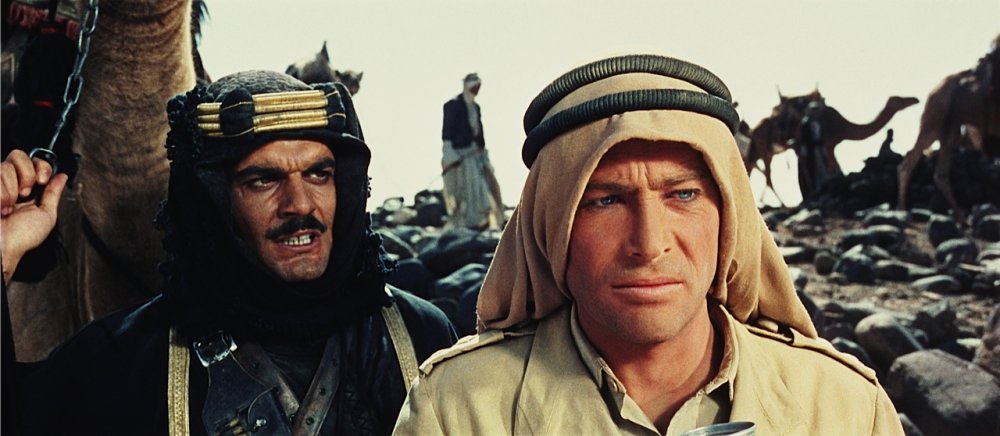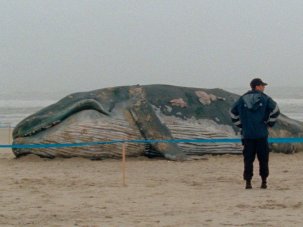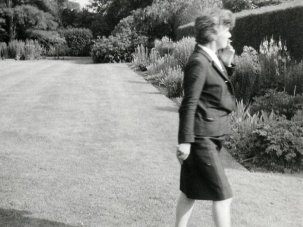* Editor’s note: the plot synopsis originally printed with this review explains that the film begins with “a short prologue in the form of an epilogue (Lawrence’s death and the St. Paul’s commemoration service)”.
UK 1962
222 mins
Director David Lean
Cast
Sherif Ali ibn el Kharish Omar Sharif
T.E. Lawrence Peter O’Toole
Prince Feisal Alec Guinness
Auda Abu Tayi Anthony Quinn
General Allenby Jack Hawkins
Turkish Bey José Ferrer
Colonel Harry Brighton Anthony Quayle
Mr Dryden Claude Rains
Jackson E. Bentley Arthur Kennedy
Gasim I.S. Johar
Majid Gamil Ratib
Tafas Zia Mohyeddin
General Murray Donald Wolfit
UK re-release 22 September 2017
Distributor Park Circus
parkcircus.com/lawrence
► Trailer
The St. Paul’s sequence, with an agile reporter asking questions on the Cathedral steps and getting only a series of dusty answers, offers a clear indication of what the film’s attitude is to be: Lawrence remains an enigma, and we are not to look here for the solution. But to build a blockbuster lasting nearly four hours around a character about whose motives and drives the film admits its own uncertainty is already to take a sizeable risk.
The story is by its nature episodic, despite the script’s obvious determination to supply action climaxes at suitable intervals. Lawrence himself must hold the thing together; and before Lawrence the film in effect retires defeated, while Peter O’Toole’s performance, likeable, intelligent and devoted, lacks that ultimate star quality which would lift the film along with it.
Breaking its character portrait down into a series of episodes, David Lean’s film does better with Lawrence the exhibitionist, capering about the desert in his new Arab robes, or parading on the roof of a newly captured train, than with the introvert. The Deraa episode is almost an admission of weakness, shot (and played by José Ferrer) with louring sadistic overtones which find their justification not in the context of the film itself but in whatever an audience may be assumed to read into the scene. And when it comes to the massacre of the Turks, the film is not close enough to its central character to communicate a human rather than a spectacular experience.

O’Toole with Anthony Quinn as Auda Abu Tayi
But the strength of Lawrence lies in the fact that its makers have obviously felt the enormous fascination of the desert. Even if the camera offers too many slow stares at corrugated landscapes, too many mesmerised panning shots, at its best the film is trying not just to engineer a response, but to communicate something strongly felt.
The most hauntingly effective moment is the first sight of Sherif Ali, the black dot riding out of the mirage, slowly transformed into the black horseman. This is wonderful; and there are fine scenes of preparation for battle. Any amount of production intelligence has gone into Lawrence, at all levels, but it is intelligence of the rule-book rather than the sweepingly inventive order. (The long sequence, for instance, in which Lawrence rides back into the desert for the man he will later have to execute has been built by Lean into an over-immaculate exercise in cross-cutting.)
Imagination is let down with a thud by the score, with its insistent themes, and picked up again by much of the playing (Jack Hawkins’ bluffly ruthless Allenby, Alec Guinness’ impeccably intelligent if oddly accented Feisal, Omar Sharif’s admirably straightforward Sherif Ali).
Lawrence is not, as has been made clear, a biography: inventions in Robert Bolt’s script have been severely criticised. But the fault is not that they are inventions but that they seem to belong to script conventions rather than taking us closer to the subject. This is part of the problem for a film which is trying to be everything at once: a film in which grandeur of conception is not up to grandeur of setting.
☞
-
The Digital Edition and Archive quick link
Log in here to your digital edition and archive subscription, take a look at the packages on offer and buy a subscription.









